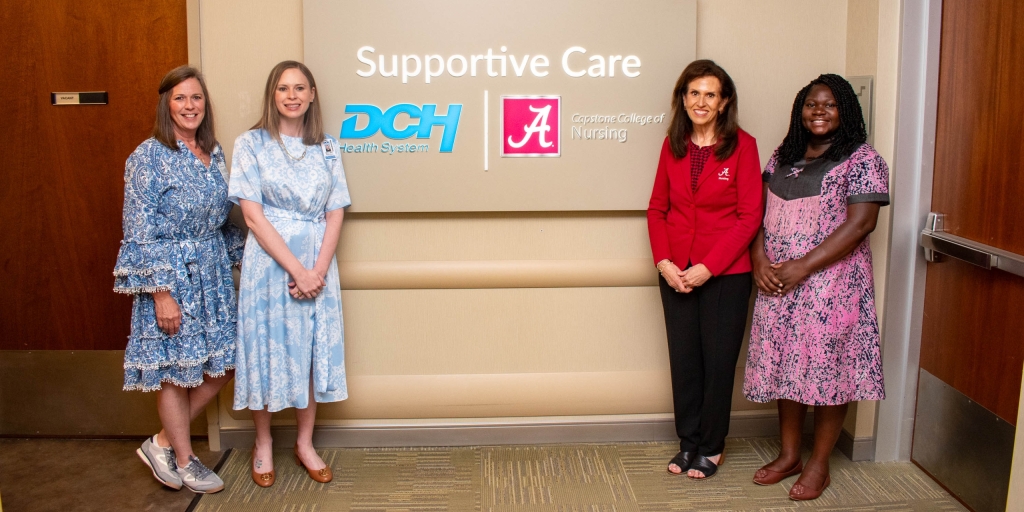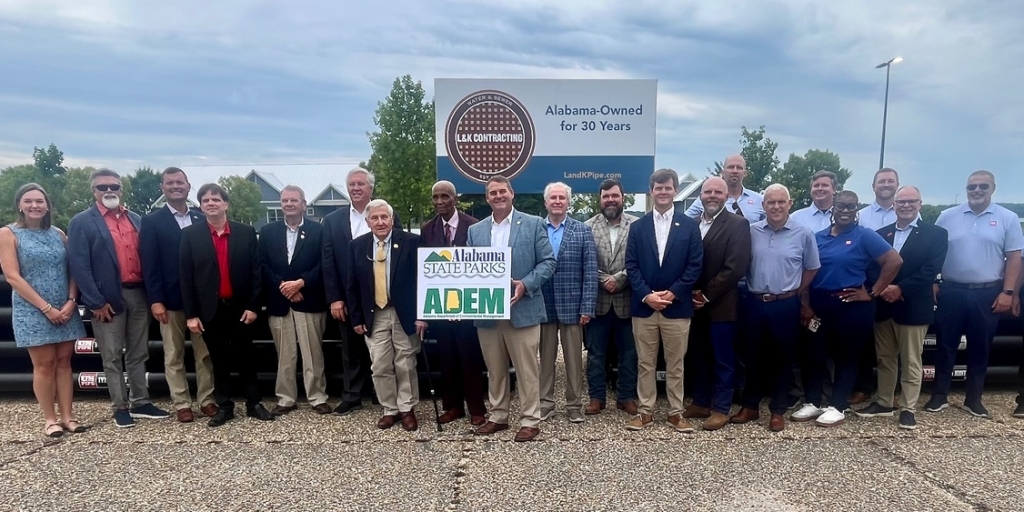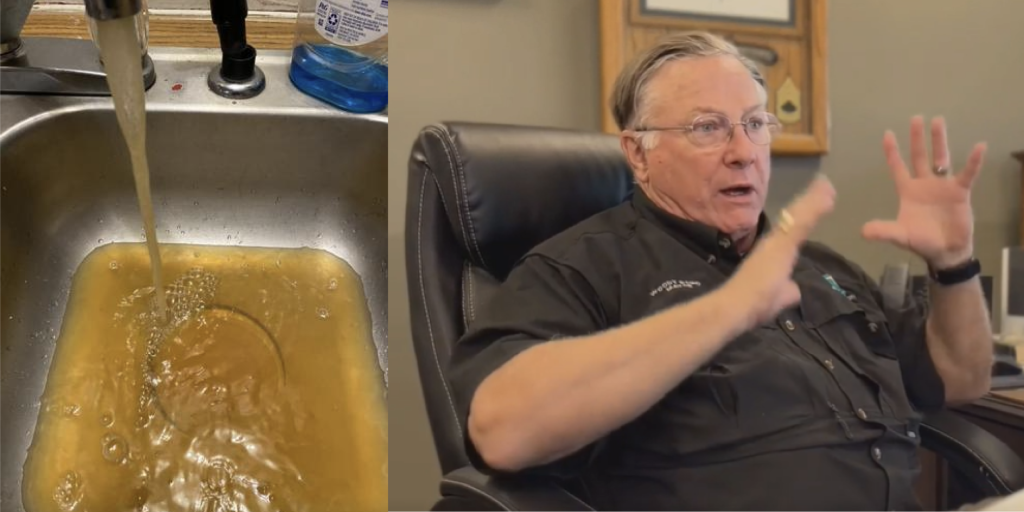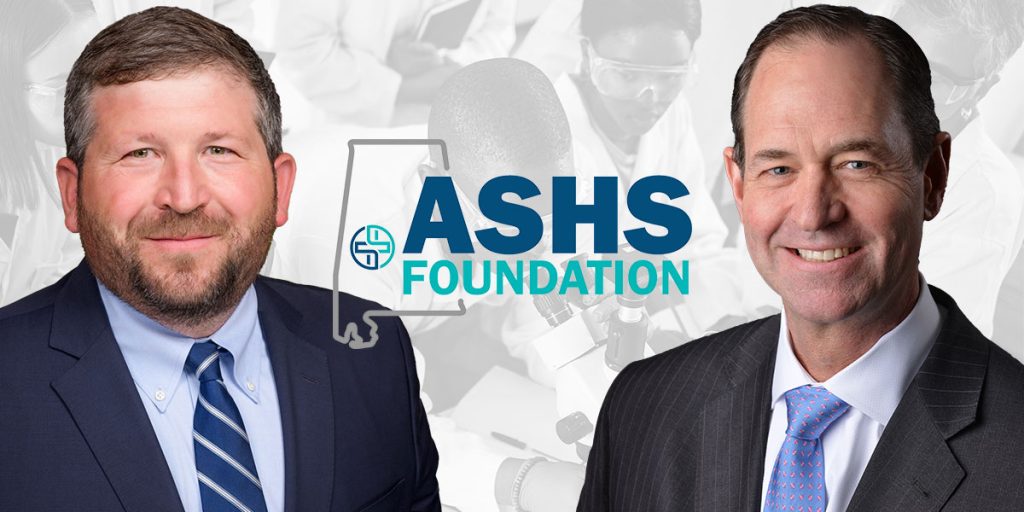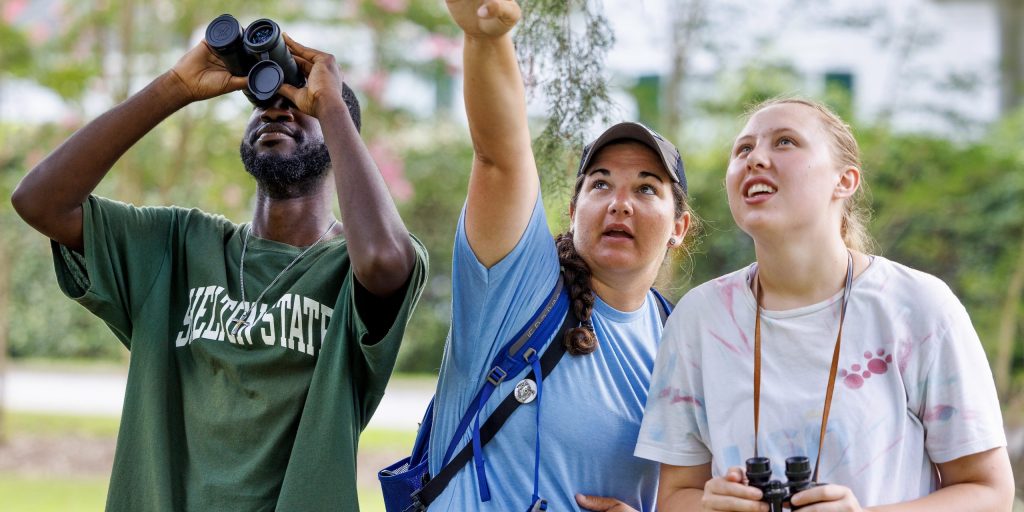U.S. Senator Richard Shelby (R-AL) on Wednesday announced that the Consortium for Alabama Rural Water and Wastewater Management has been granted $4.85 million by the U.S. Department of Agriculture (USDA) to establish a technical assistance and training program and develop construction-ready plans for innovative rural wastewater treatment solutions in Alabama’s Black Belt region.
The Consortium is led by the University of South Alabama (USA) in partnership with the University of Alabama, Auburn University and the Alabama Department of Public Health.
The USDA award comes via a Technical Assistance and Training for Innovative Regional Wastewater Treatment Solutions (TAT/RWTS) grant, which was funded through a pilot program in the fiscal year 2020 Agriculture Appropriations bill. That legislation was authored and advanced by Shelby when he was chairman of the Committee on Appropriations. He is now vice chairman of the committee.
“I am pleased that Alabama has been selected for this rural wastewater infrastructure grant. This is excellent news for everyone involved,” Shelby said in a statement. “I believe the project will serve an important role in strengthening wastewater treatment to improve the public health and economic development of rural communities in the Black Belt.”
“I look forward to working with the Consortium to ensure that innovative solutions are identified and a more resilient and sustainable wastewater infrastructure is constructed throughout the region,” he concluded.
The Black Belt is known for its dark, rich soil, which also contains high concentrations of clay soils that cause water drainage issues. Partially as a result, the region has long suffered from ineffective traditional onsite wastewater systems.
The TAT/RWTS grant aims to provide alternative wastewater treatment solutions for underserved, low-income communities and works to implement them in a manner that is achievable and sustainable. At select pilot sites, the project will install and test new clustered and decentralized wastewater treatment systems, connecting neighboring infrastructure in a single system that will collect, treat and reuse water – effectively reducing maintenance costs. It will also provide a model for transitioning other areas to the improved infrastructure, which could eventually be deployed throughout the state. The project ultimately strives to supply historically disenfranchised communities, such as the Black Belt, access to safely treated wastewater.
The project will include guidance and training for rural communities in the Black Belt, such as performing county-need assessments, evaluating and testing wastewater treatment options, defining workable funding mechanisms, and developing appropriate technical, management and regulatory direction.
“The Consortium partners at USA, the University of Alabama, Auburn University, and the Alabama Department of Public Health have been working to find appropriate solutions to difficult wastewater issues in the rural Black Belt of Alabama,” stated Dr. Kevin White, who leads the Consortium and is the chair of the Department of Civil, Coastal, and Environmental Engineering at the University of South Alabama. “This award will tremendously further this effort by allowing broader training, community outreach, and innovative wastewater solutions to rural areas that will improve public health, quality of life, and allow for needed economic development in these underserved communities.”
Sean Ross is the editor of Yellowhammer News. You can follow him on Twitter @sean_yhn





